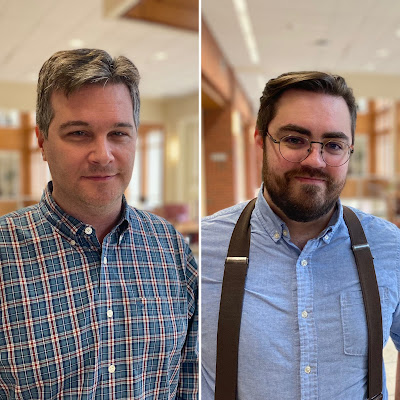Ph.D. Student Presents Research at American Physical Society Meeting
Zhou's study explains why some PFAS pollutants are resistant to foaming separation. The abstract reads: Health-threatening chemical pollutants that last forever and accumulate in the body called per and polyfluoroalkyl substances (PFAS) can still be found in various items and resources like non-stick cookware and drinking water. Foam separation has emerged as a promising strategy to remove PFAS from water because it doesn’t create additional waste products as these carcinogenic compounds migrate to the air-water interface. Yet, much is not understood about how foam fractionation works on the molecular level when it removes PFAS. More specifically, it is unclear why foam fractionation is less effective on short-chain PFAS, which have fewer carbon molecules.
Zhou's talk explored why foam fractionation success changes depending on varied-chain length PFAS. The findings, shared at a poster session, could help improve short-chain PFAS removal and has implications for improving the safety of global water resources.



